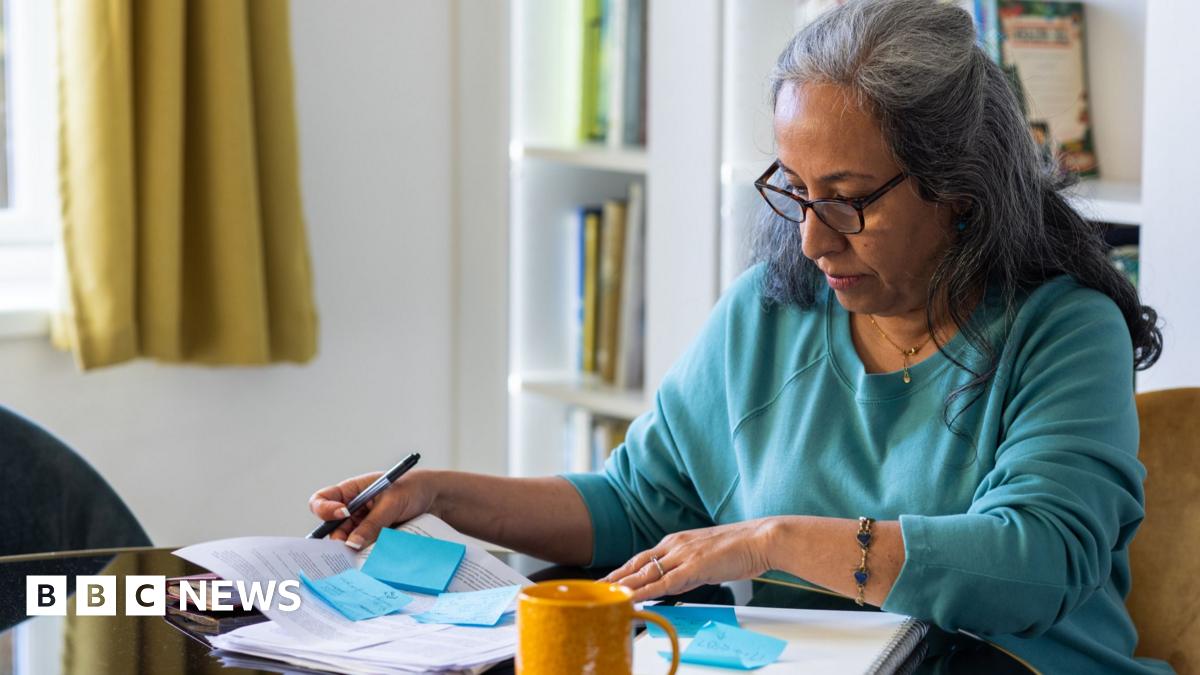The scale of the challenge is daunting. About 3.7 million people of working age receive health-related benefits. The independent Office for Budget Responsibility forecasts that the bill for health and disability benefits will reach £100bn by 2030.
McFadden spoke to the BBC from a Job Centre Plus in Barking, East London. There he met four women who spoke movingly about how traumatic events in their lives had led to ill health and several years on sickness benefits. All had been assigned a specialist work coach who they said had helped give them confidence.
Faiza described how domestic violence had led to depression and anxiety and a feeling she was “finished”. Hana, who trembled as she spoke, said that her body had “shutdown” after the collapse of her marriage and several surgeries.
The women’s names have been changed to protect their identities.
All said they wanted to work, but under the current system they are under no obligation to engage with a job centre.
McFadden said the system had created a “binary divide” which separated people into fit for work and not fit for work in an “unhealthy” way.
He said 1,000 specially trained job centre staff would offer voluntary support to those on sickness benefits.
The government says that work coaches – known as Pathways to Work advisers – are now based in every job centre in England, Wales, and Scotland.
“We’ve reallocated support to people who’ve been away from the labour market for a long time, who’ve been, frankly, signed off, paid benefits and untouched for years. That’s wrong,” he said.
